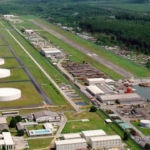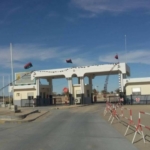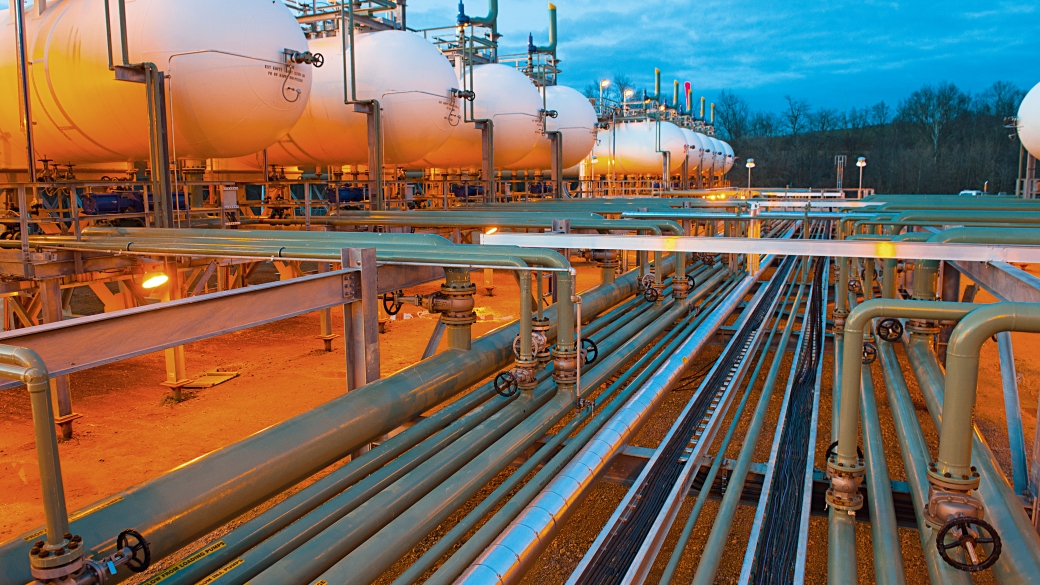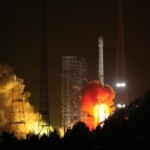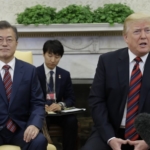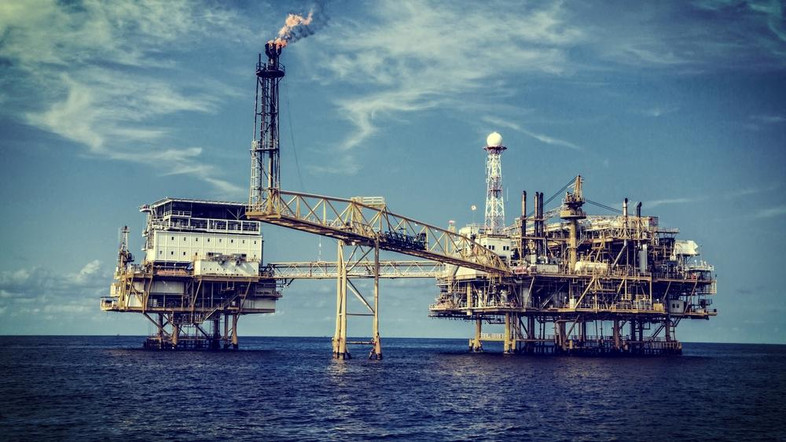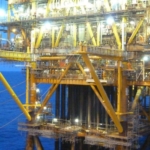China to send in deep-sea divers to plug oil leaks in sunken Iranian tanker Sanchi

Chinese maritime authorities will deploy deep-sea divers to assess the wreck and to minimise damage to the marine ecosystem plugging oil leaks from the Iranian oil tanker Sanchi, which exploded and permanently sunk on Sunday. The authorities also sended in bigger salvage vessels to support the divers.
“It will be a daunting task to entirely block the leaks but China is doing its utmost to minimise the impact,” an Official from the Shanghai Maritime Search and Rescue Centresaid said.
The tanker in fact was carrying 136,000 tonnes of highly flammable and polluting ultra-light crude oil.


